We are getting ready to have our 3rd meeting regarding Kayla's placement for the next school year.
A brief background on how school has looked for Kayla the past 2 years. She is zoned for school A. When we attended our first meeting there we were told that "School B is the school kids with mild mental disabilities attend when School A is their home school, because not all schools in the district have the program for students with mild mental disabilities."
That shouldn't be how students are placed; they shouldn't be grouped together based on their disability level and then have it pre-determined where they will attend school because of the 'program' they are being placed in. IDEA states that students with disabilities should be placed in a general education classroom in the school they would attend if they didn't have a disability, with supports, accommodations, and modifications to the maximum extent possible.
We voiced our desires for having Kayla attend School A, but for reasons I'm not getting in to for this post (long story) she goes to School B.
In 1st grade she went to the general ed (GE) classroom for most of her subjects except for language arts (special ed/self-contained room) - which is a pretty good chunk of time. Her time being included in GE classes was a little more than half her day. For her IEP last year (2nd grade) it was recommended that she have language arts and math in the sped room. I wasn't totally on board with that, but by the end of the meeting relented while stating my goal was to have her gradually be in the GE class for more and more time.
Based on the change to having math in the sped room this made her time in GE classrooms less than 40% of her day, something that bothered me, but, yes I agreed to, because maybe it was best for Kayla. You don't know what works until you try it.
For the last 2 months it was agreed to have Kayla go to the GE classroom for 30 min during their phonic/spelling time (she's had no spelling in the 1st/2nd grade sped room - they don't work on that until they go to the 3rd-5th sped room). Since going to the GE room she's now been exposed to, and working on the STEPS program like her typical peers are doing. She learned to identify 14 of 24 sounds from the 'green' set. Spelling has been a bit of a struggle, but she has learned to spell a few words (palace, penny, button as an example) but she's able to differentiate between the correct and incorrect spelling of the words on her list. She's also able to read the words on her spelling list now - words she wasn't exposed to, or learning to read, in the sped room.
I've tried it this way for 2 years and now I would like some change. We're requesting her LRE (Least Restrictive Placement) be the GE classrooms. I read studies (like the one I posted about here) showing that kids with disabilities who are taught with their typically-developing peers in the GE classroom do better overall on math and reading tests. I hear examples from so many other families across the country who have their child in GE classroom with accommodations and modifications and it's working successfully.
I'm not denying special education services because that's exactly what special education is - a service, not a place. I'm just asking for those services to take place in the GE classroom with collaboration between sped/GE teachers and therapists. I'm not opposed to ANY pull out services at all, I would agree to having some extra help in math and reading in a resource room like the rest of the student body has access to.
It was suggested if we want to put her in GE classes full-time, as her LRE, that it might be better to repeat 2nd grade and do it that way. I can understand, to a certain point, the pros of doing it that way ... but I'm not convinced that's the best thing to do at this time. Kayla is probably not going to 'catch up' to typical peers on grade level, but that isn't the point to having her in GE classes. The point is to have access to the general education curriculum alongside her peers ... something she didn't have access to in the sped room.
It's all so overwhelming to think about. These seem to be the choices/decisions we have to make:
- Repeat 2nd grade with LRE being GE classrooms
- Continue to 3rd grade with going to a 2nd grade math class
- Continue to 3rd grade with getting some resource help for math and language arts (how much time is TBD)
- Then there is the possible discussion of transferring schools and having her at her home school
My other issue with her not being at her home school is if she continues at School B for 1st-5th grades she will not be at the same middle school as those kids will go to - because they will be zoned for a completely different middle school than the one she would be zoned for. So she would go to a middle school where she doesn't know any of the kids.
It's a common refrain to hear "You're the parent, you know what's best for your child." and "You'll make the best/right decision for your child because you know her best." But I'm finding that difficult to believe. I don't feel like I've made the best decisions over the last two years and in fact feel like I've failed her in my lack of adequate advocating skills.
And how can you truly know what the right decision is to make, especially when there are more than one paths to chose from? You can't know what is the right decision because you can't go back and see what it would be like if you had chosen something else. I thought I did right by her on last year's IEP, but at the end of this school year I don't feel like I did make the right choices.
And what I want for this school year might not end up being the right choice either, but Kayla deserves to be given a chance at an education in the GE classroom. She deserves a chance to have the right supports and services to make it successful. Maybe it won't work out for her. Maybe she really does need a self-contained room for the core subjects, but it's successful for so many other students, and we won't know until we give it a try.
So many colleges are now offering students with disabilities a chance and those colleges are fully inclusive. From what I've read about most programs to date - none offer a chance at going to college with the understanding that the students with disabilities will be educated in a self-contained room in college. So how can we be expected to prepare our children with disabilities for the possibility of going to college - and expect them to succeed there - if they aren't being prepared for it during the elementary, middle, and high school years? How can I expect her to make the jump from self-contained rooms throughout her school years, to a fully inclusive college experience?
I'm not saying it's going to be easy, change usually isn't, especially in a district that doesn't typically do things this way, but change can be a good thing too.



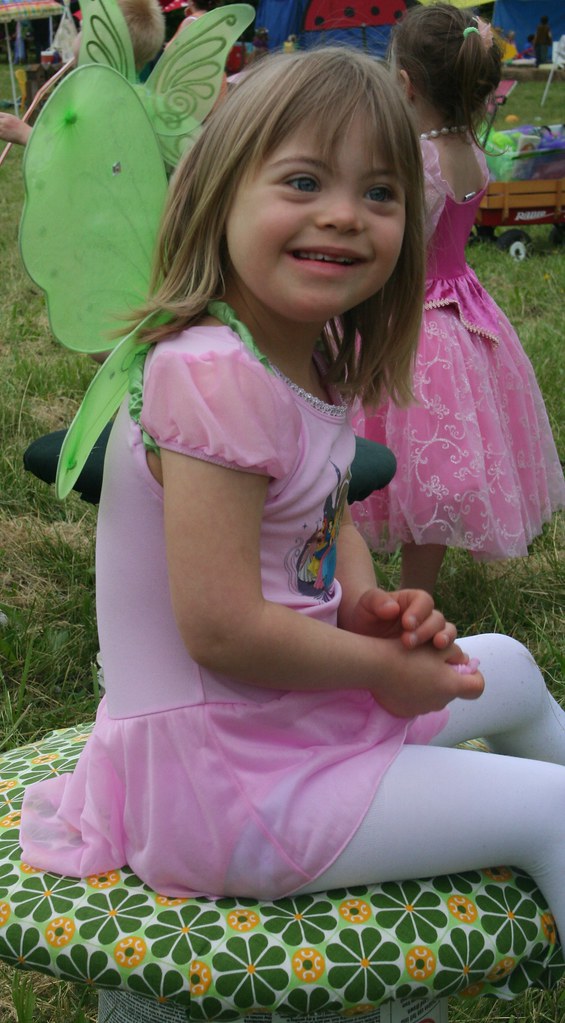

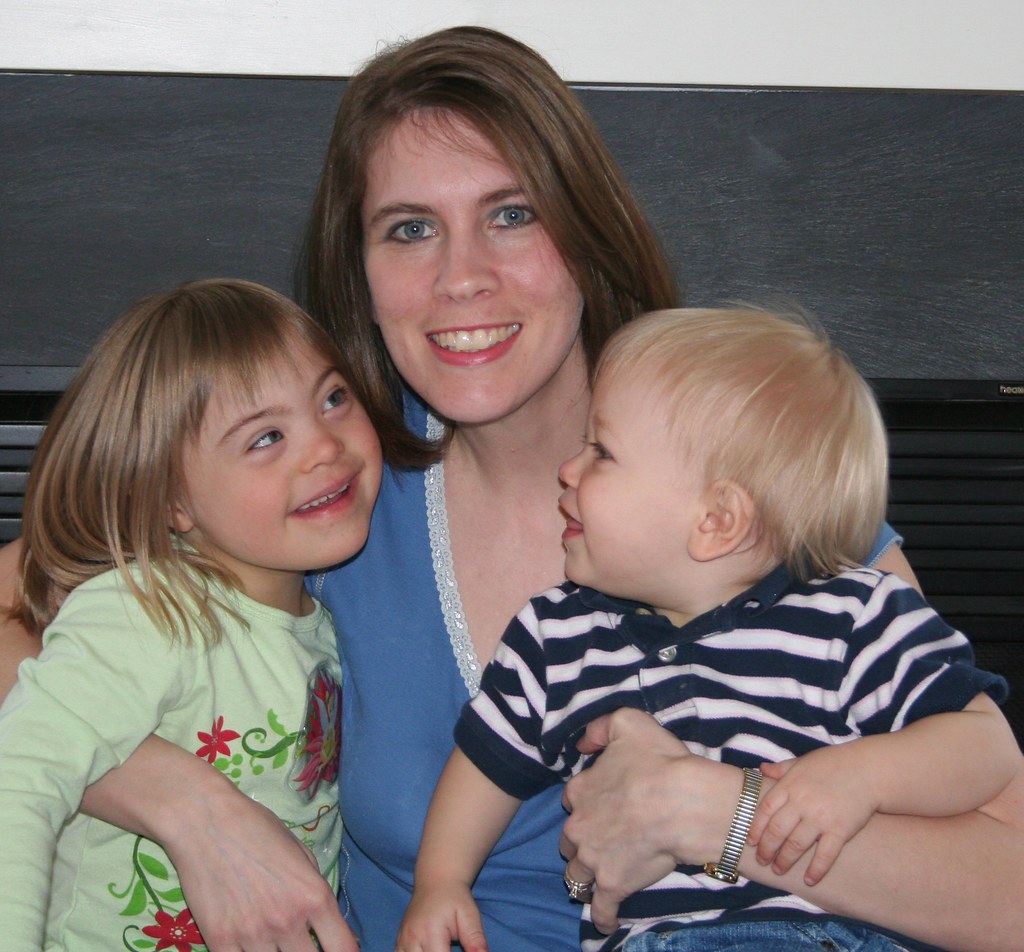
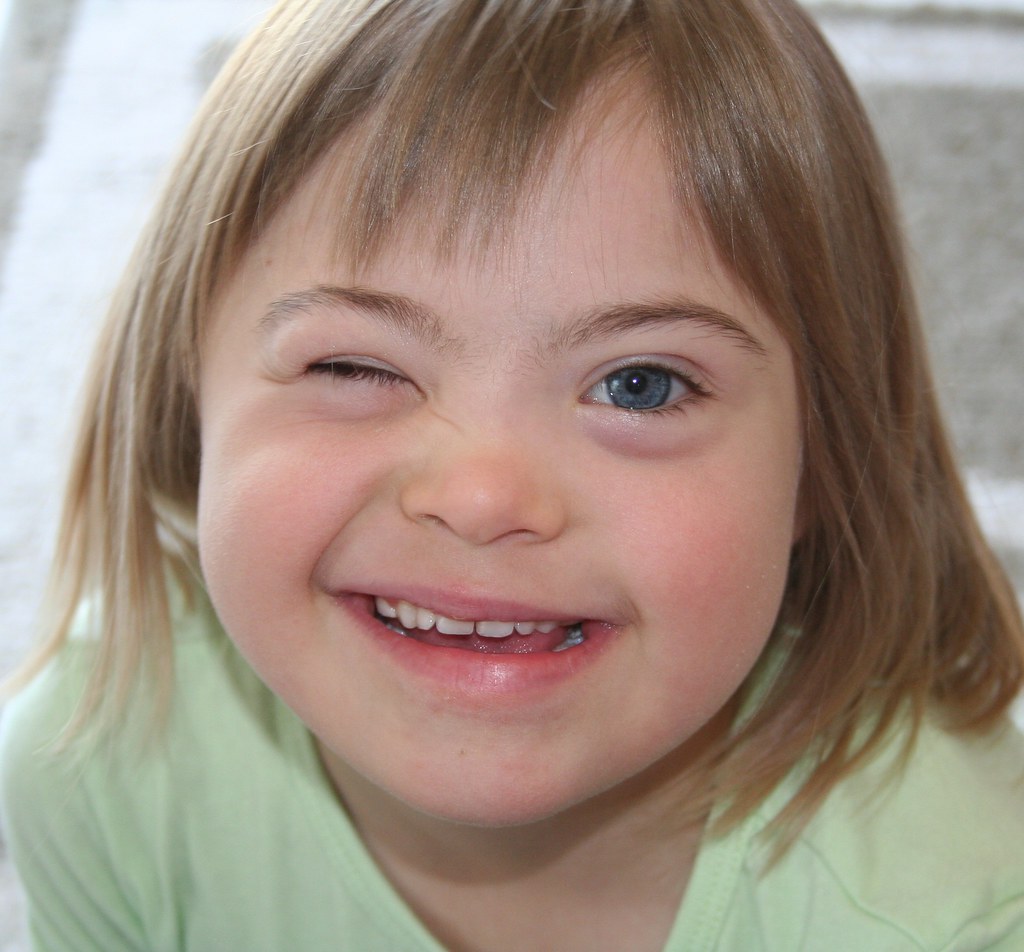

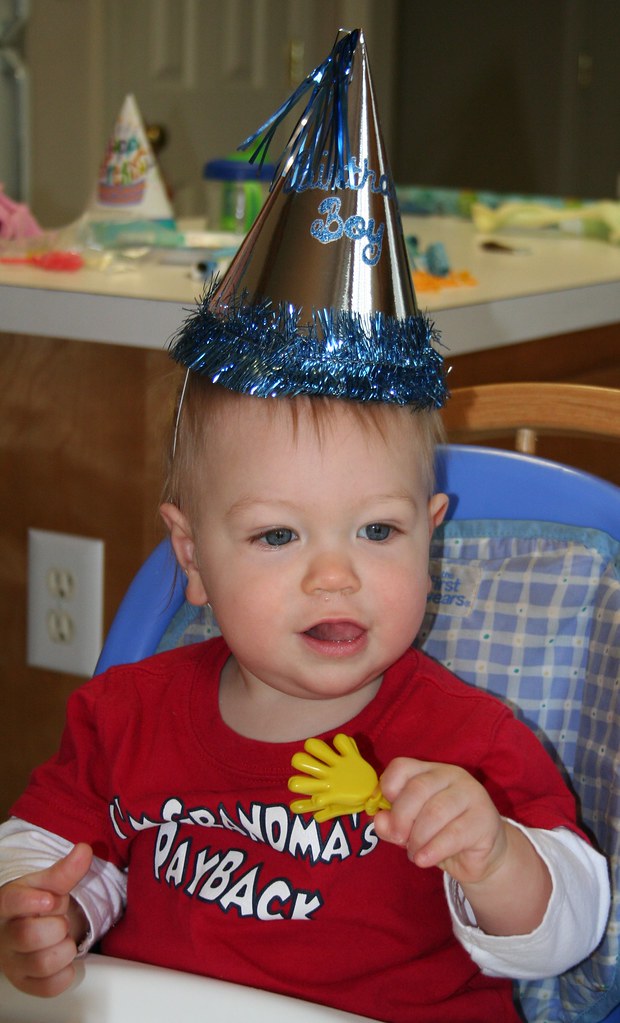
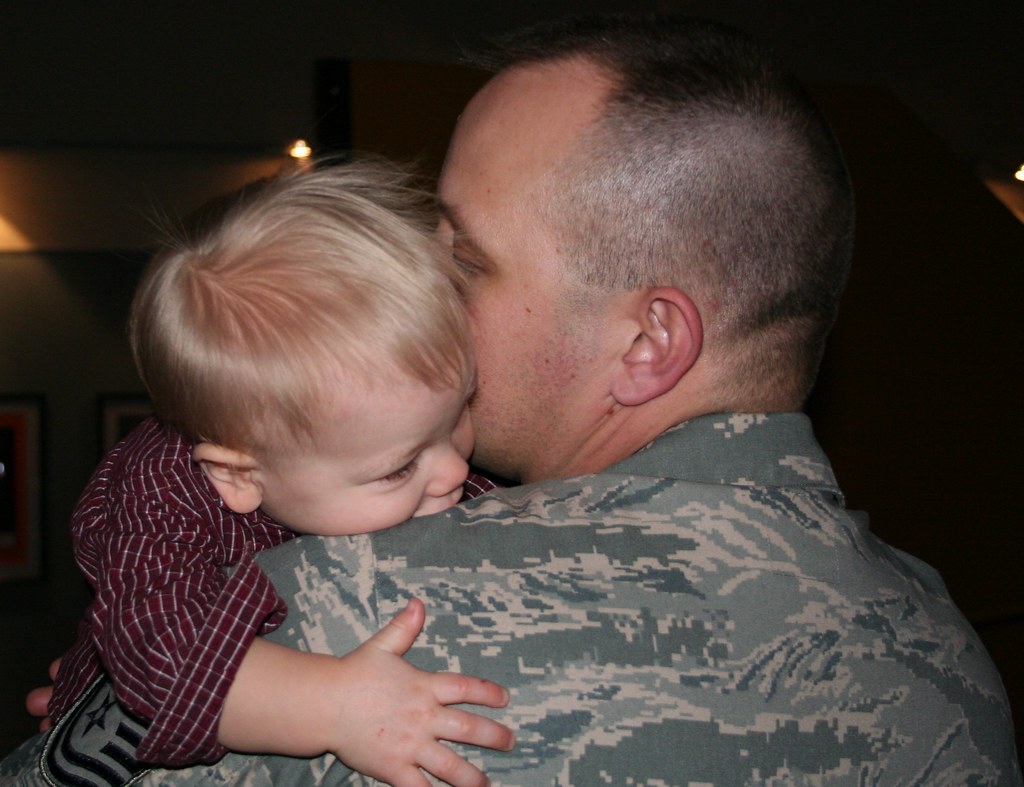
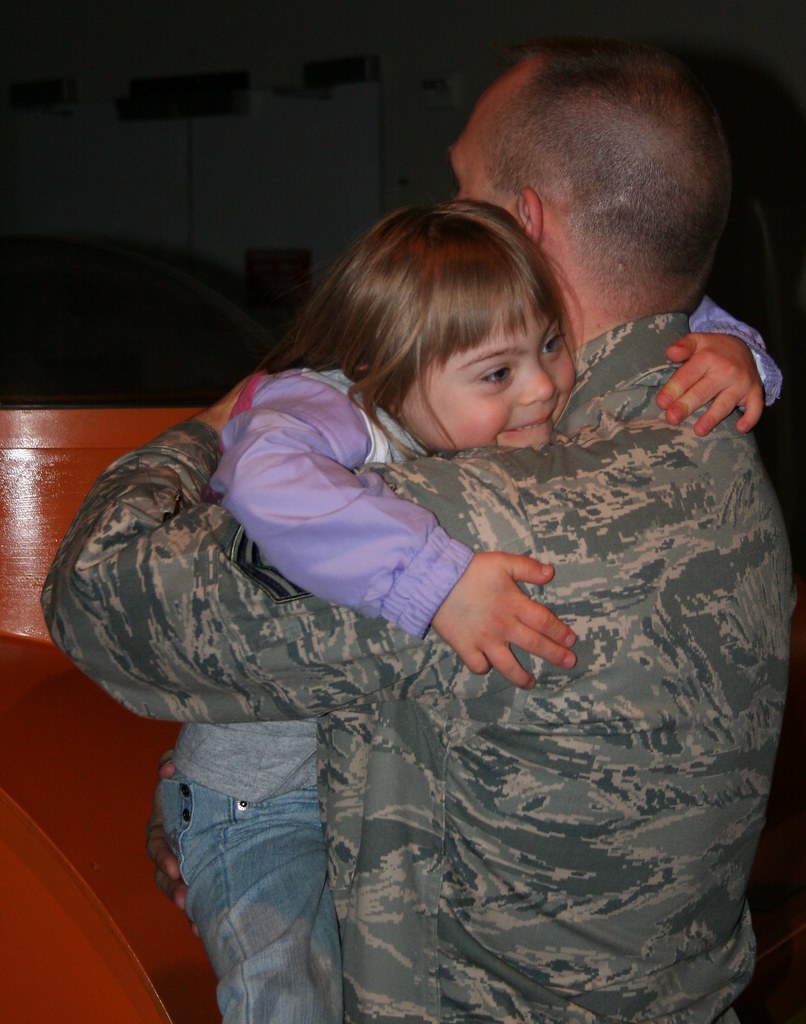
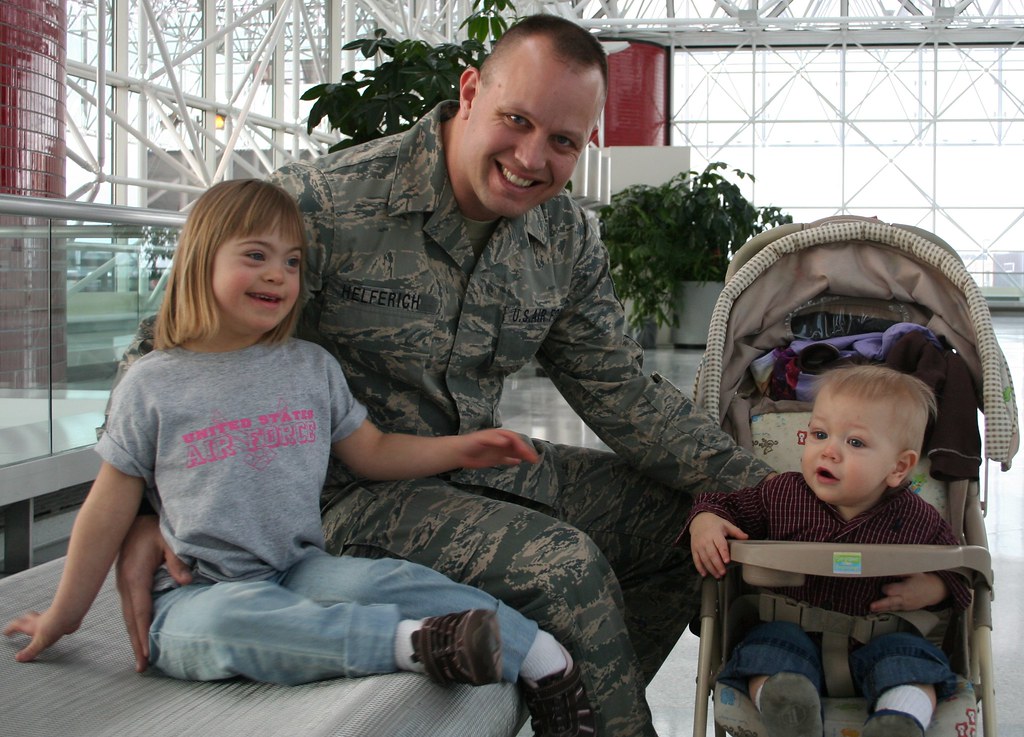

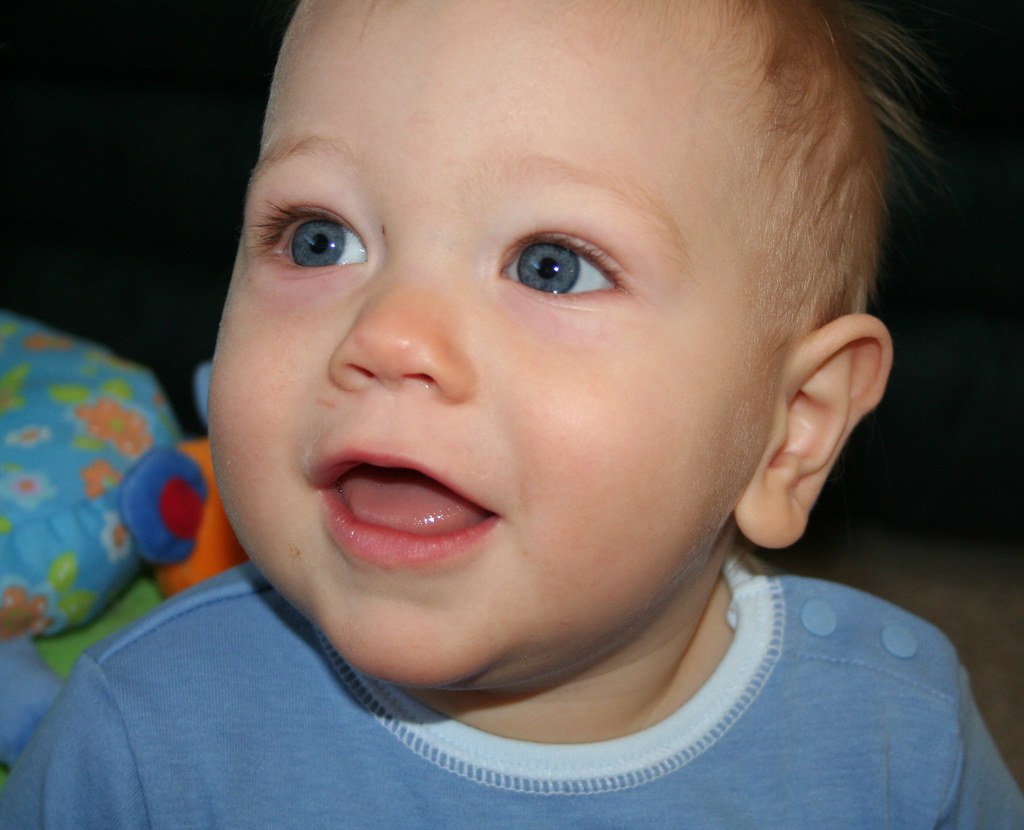
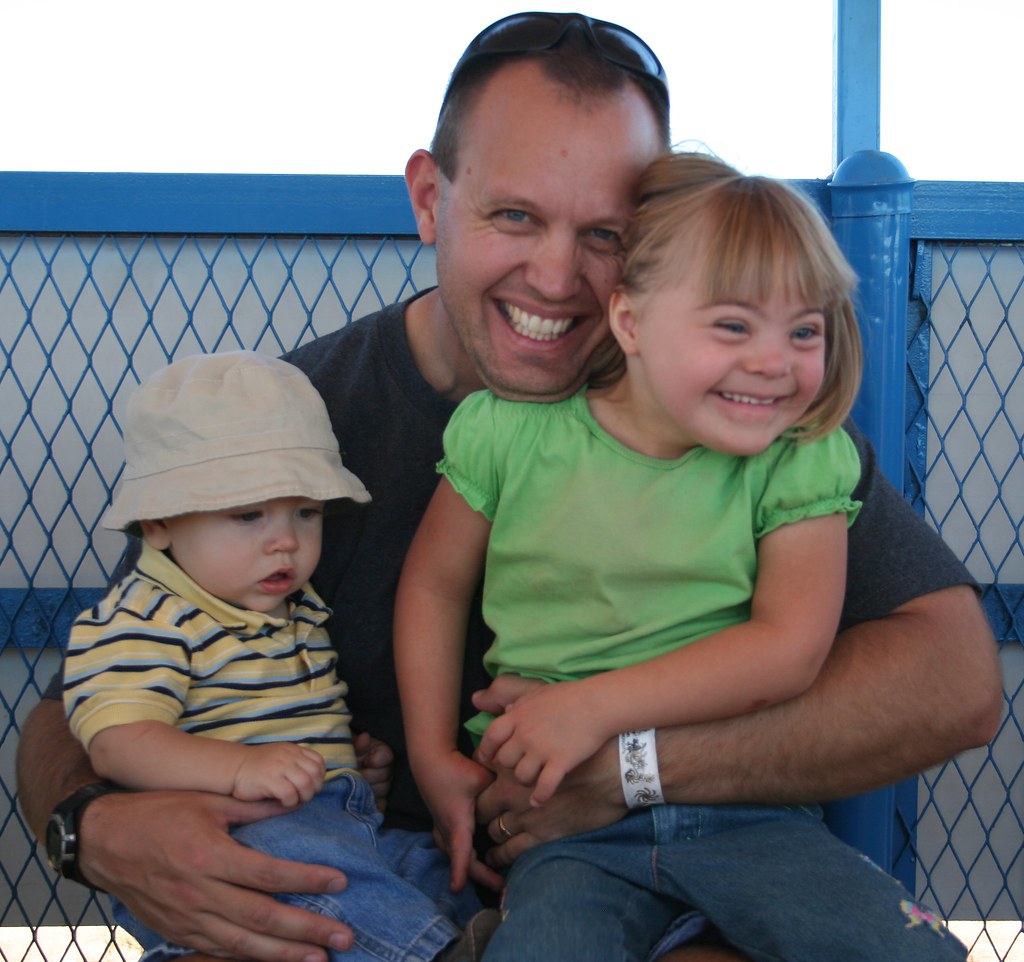
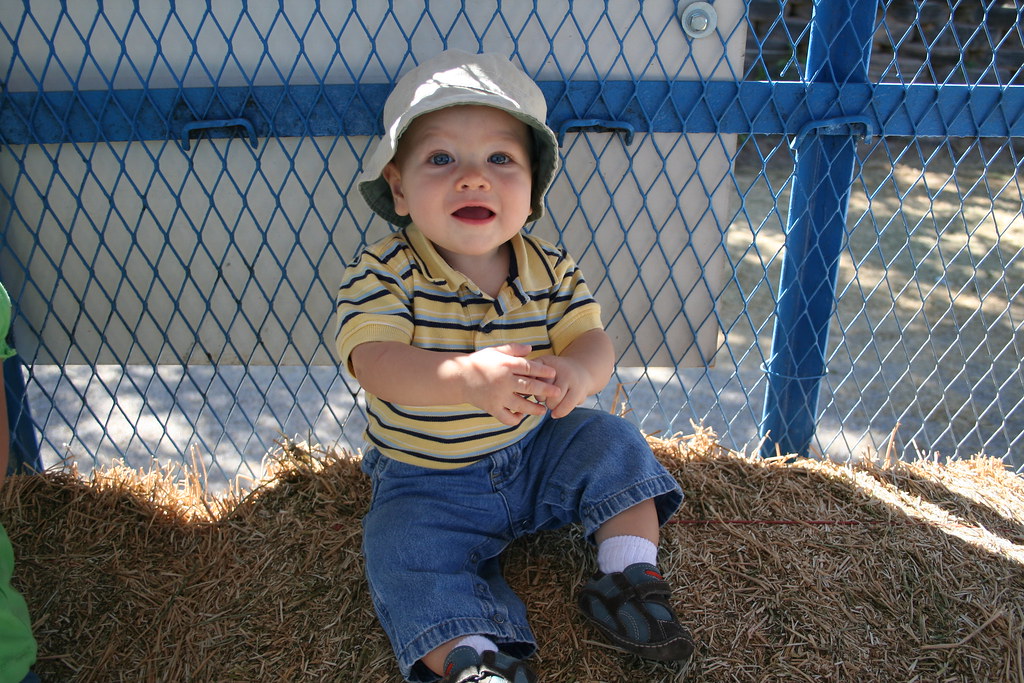

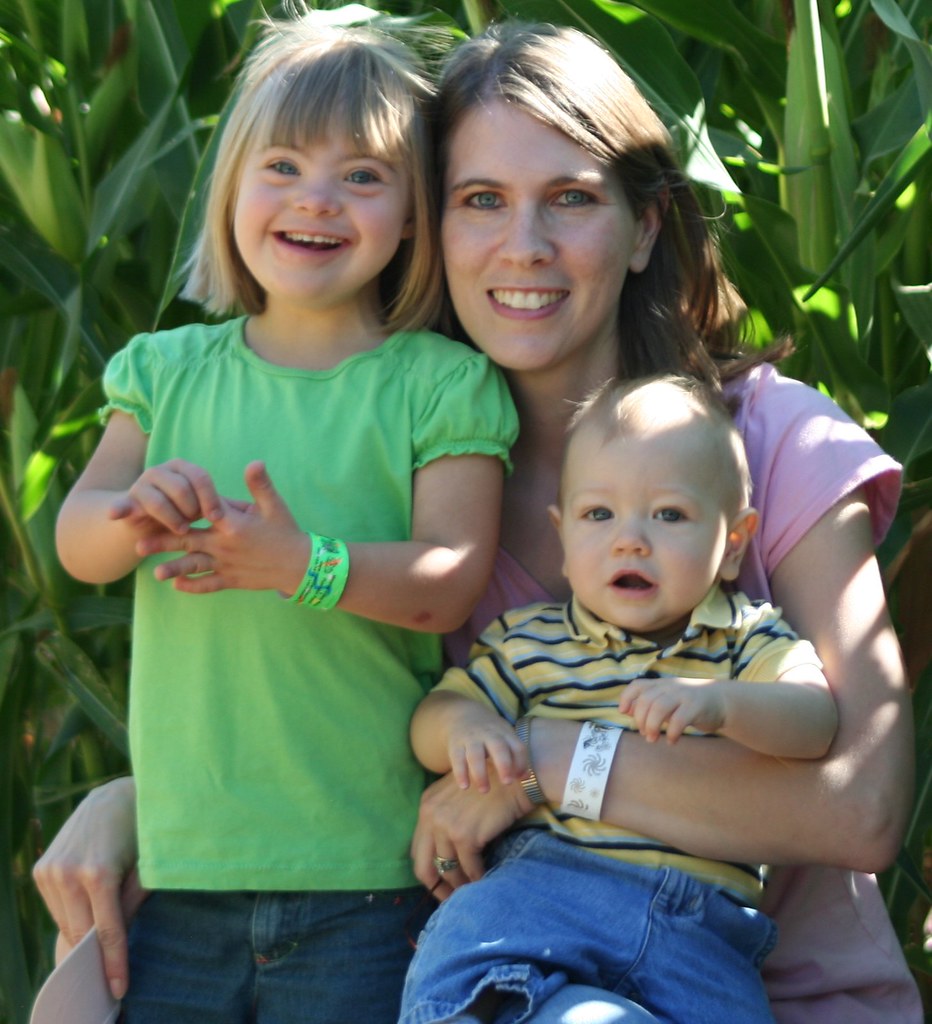
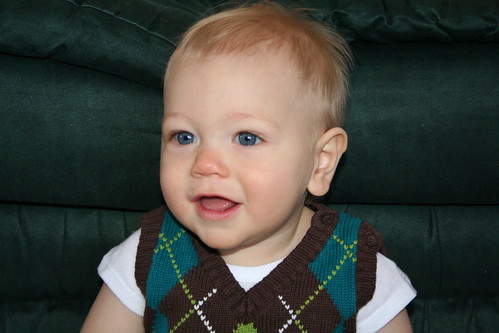

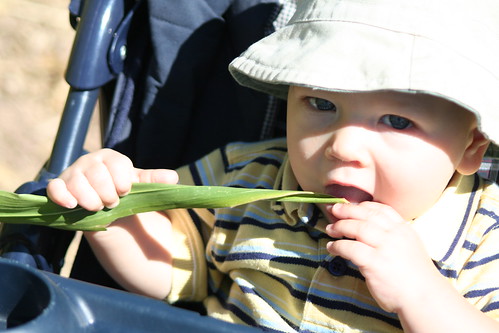
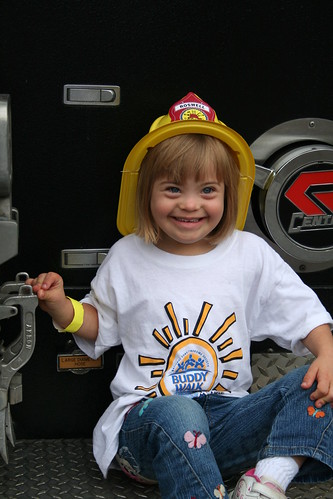
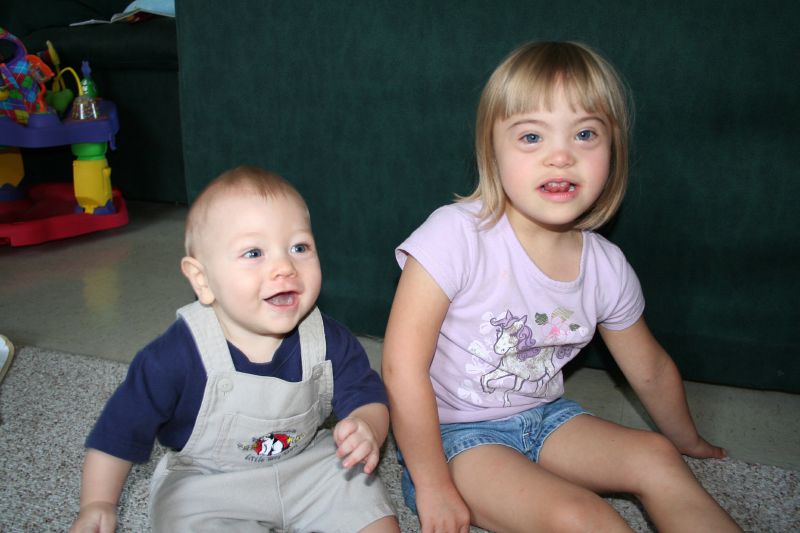
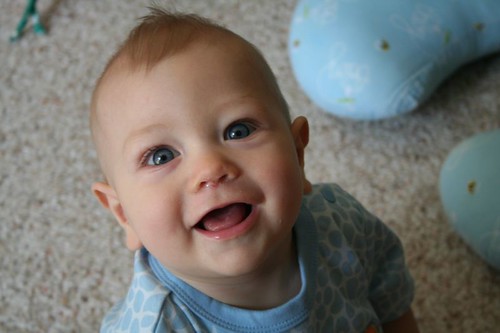

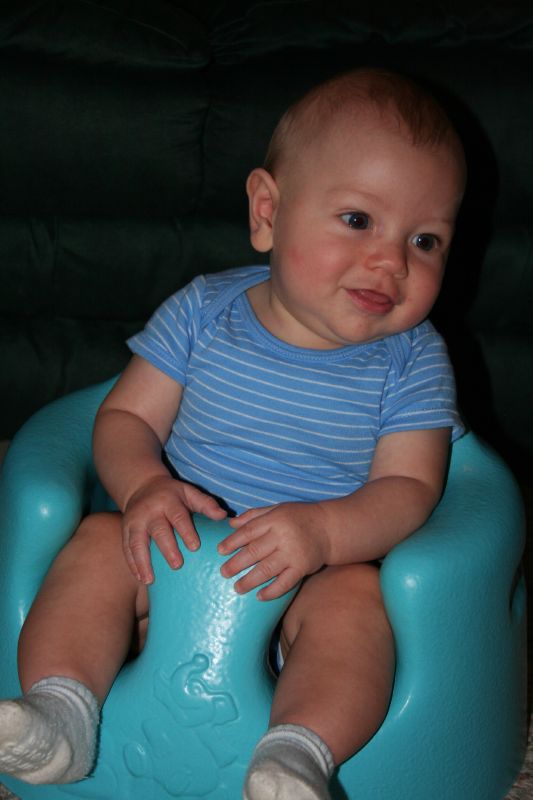
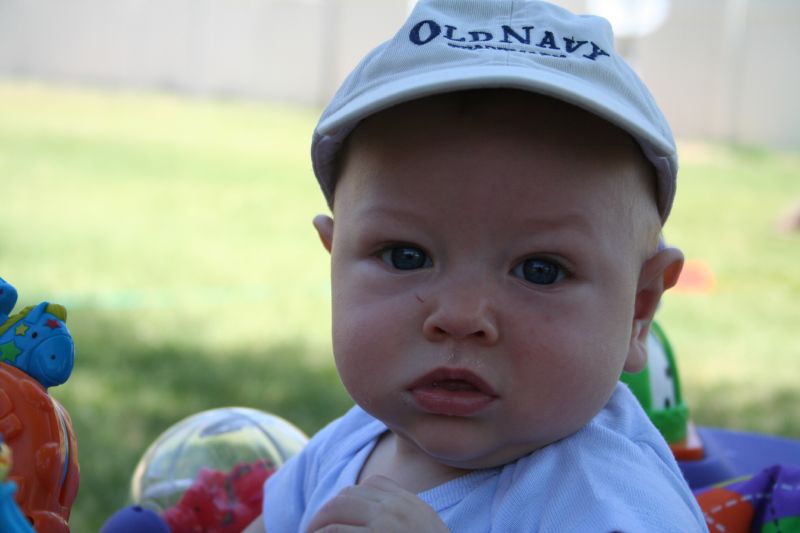
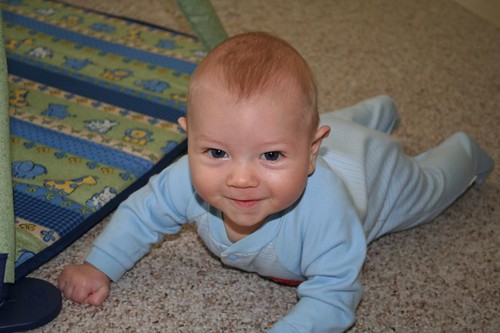
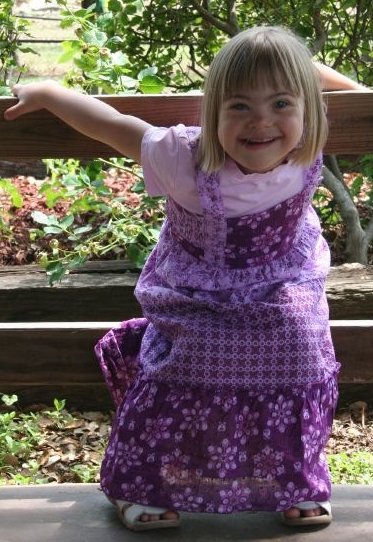
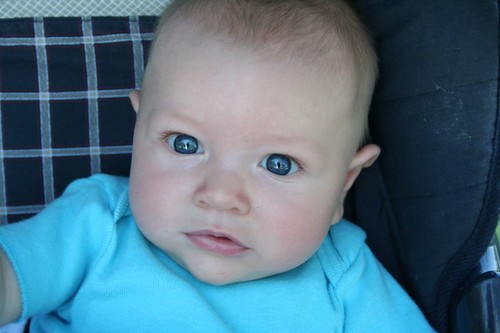
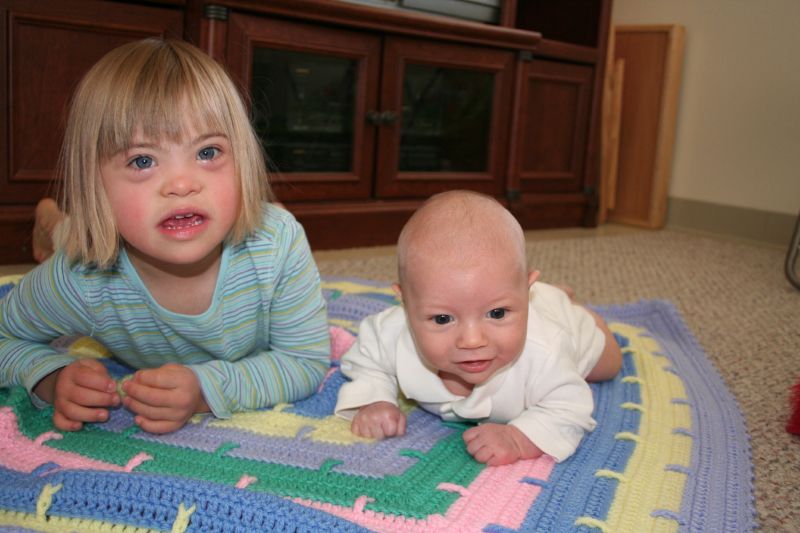
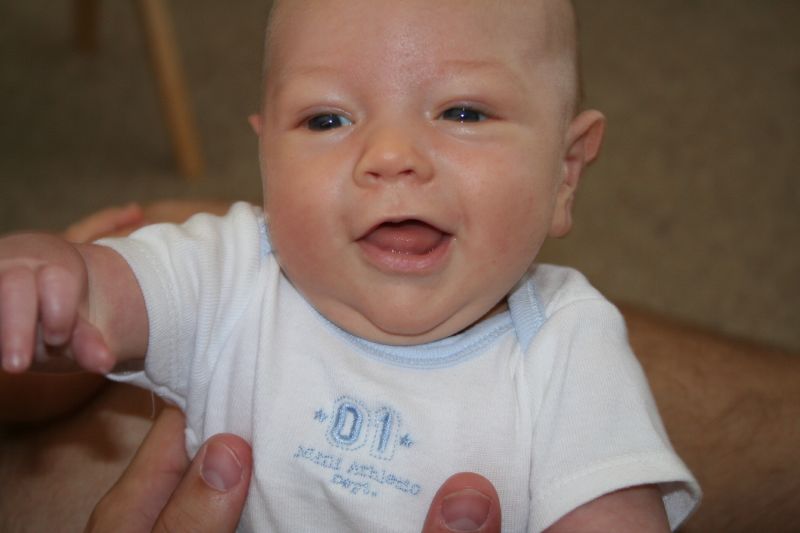
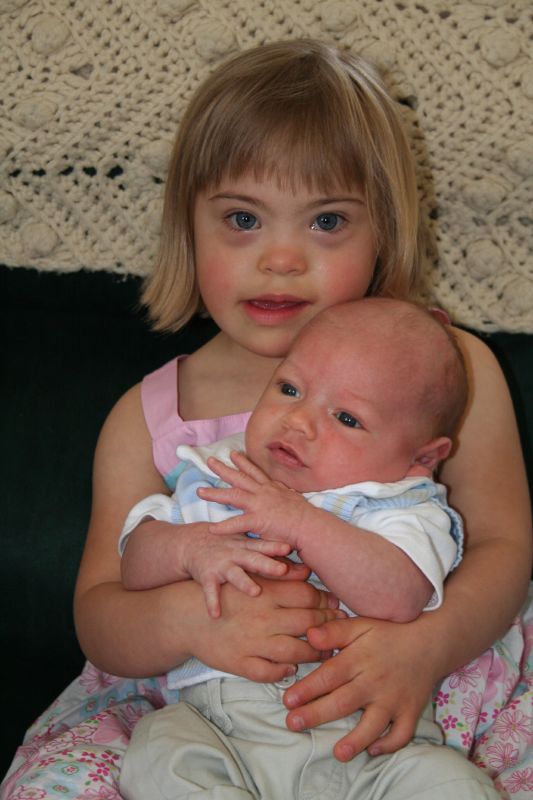
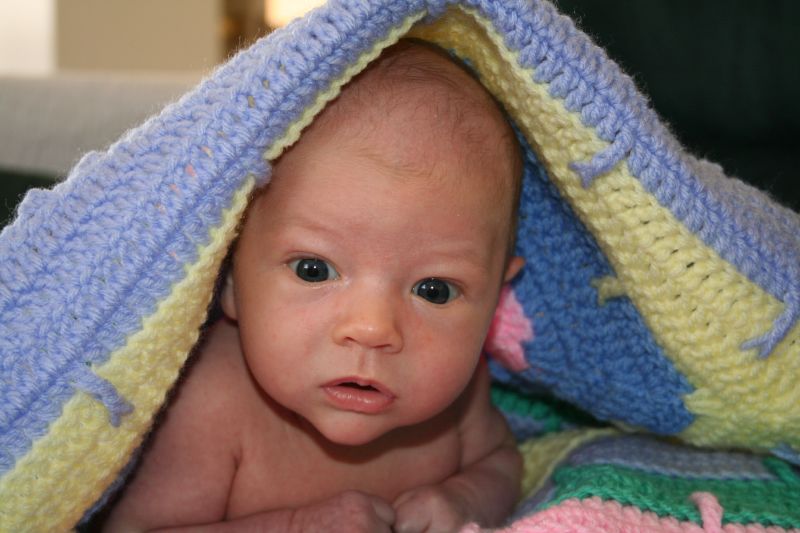
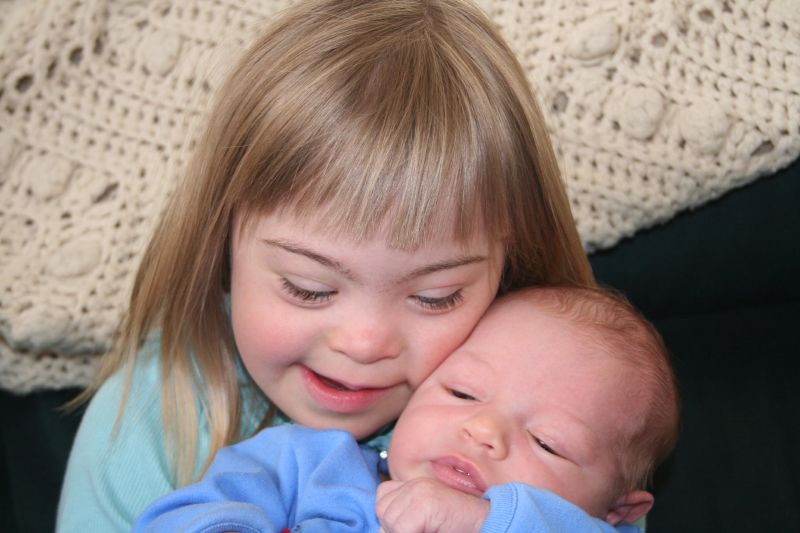
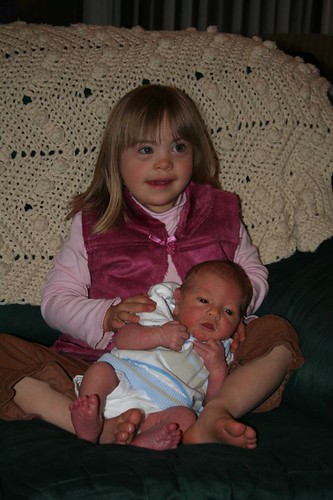
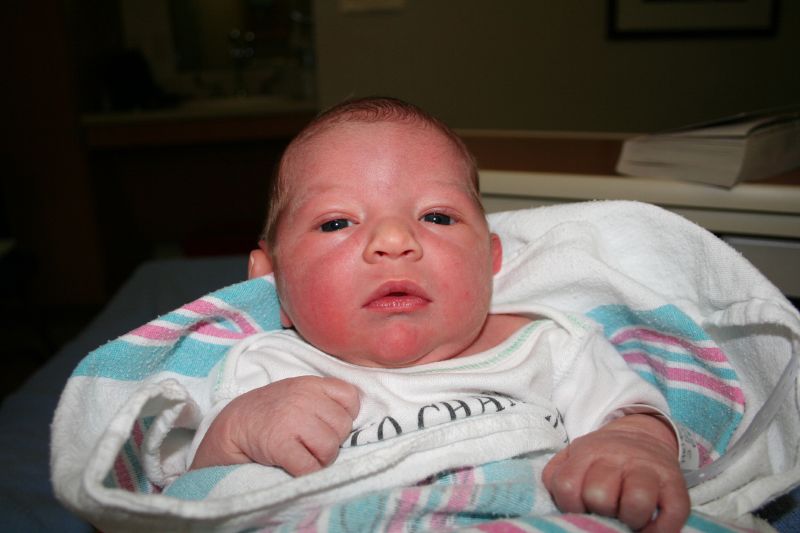
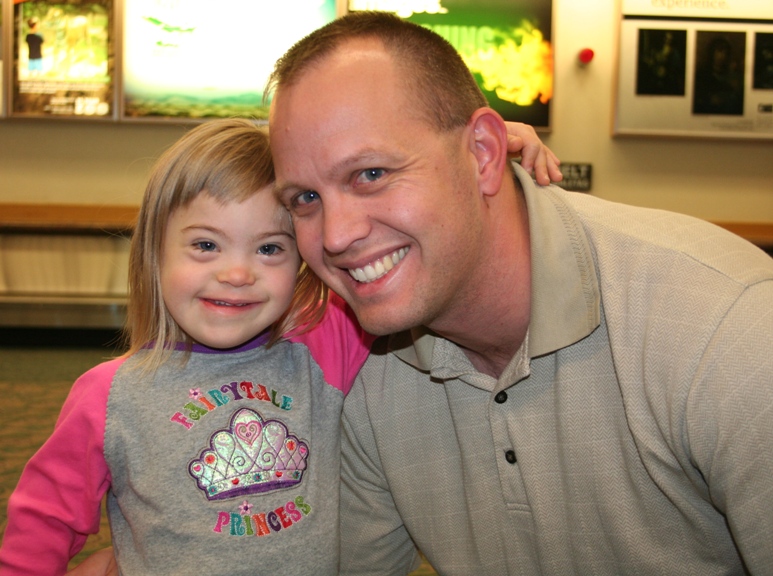
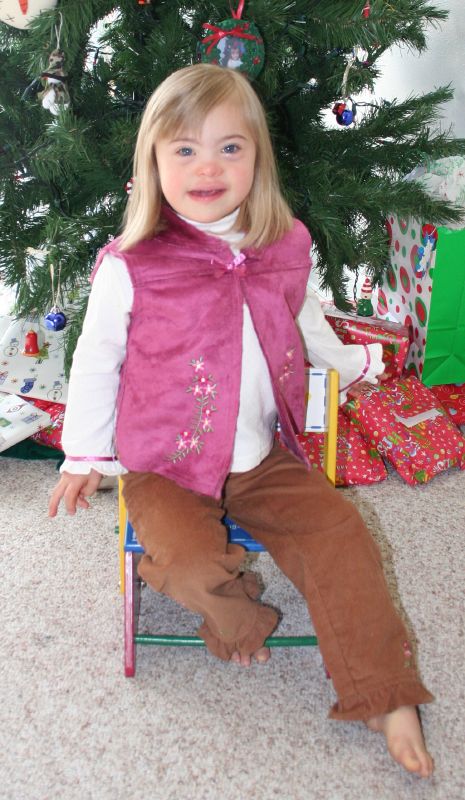
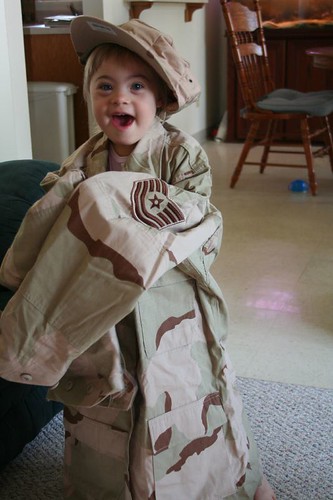

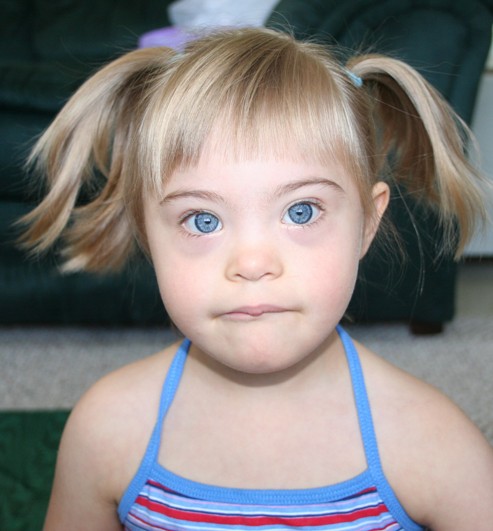
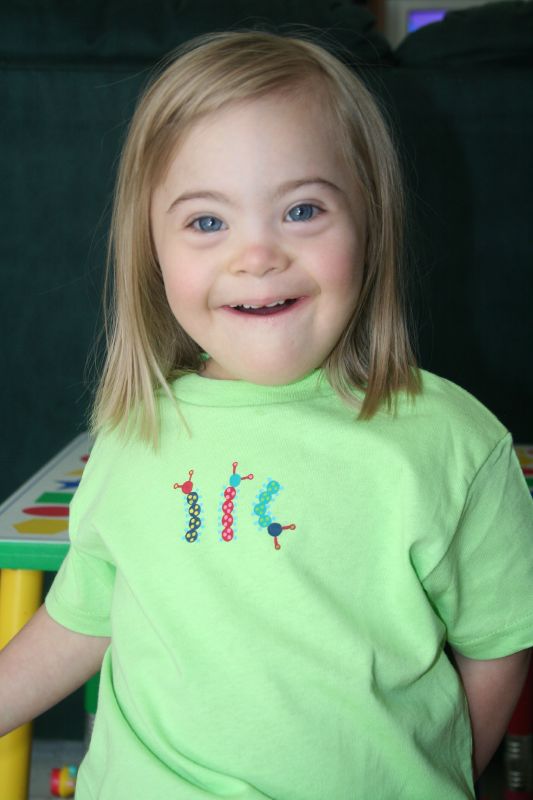
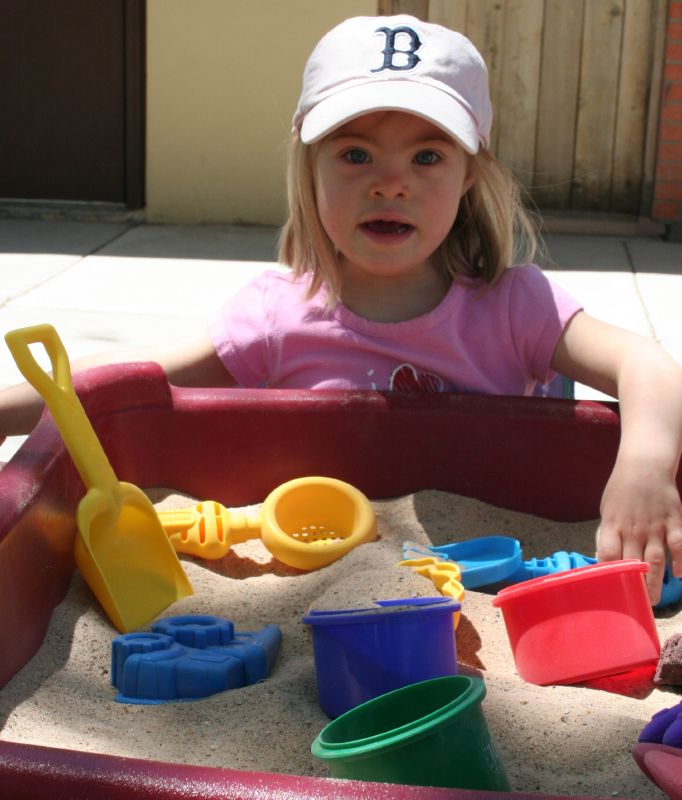







9 comments:
i can understand your doubt in yourself. My little one is number 4, so I thought I would be much more confident as a mom with decisions about her health had everything. But I'm not. I constantly find myself listening more to the experts than what my own, quiet little voice tells me. She's not ready to go to school yet, but when she is I hope I'm confident enough to stand up for her. Good for you that you are listening to that voice, weighing in the experts, and going with what you want. That's all we can do.
I taught spec. ed for many years and was on the other side of the IEP process. Even if I thought something would be better for a child, I was told to do what was best for the school (not in those words of course). The few times I fought them on it was not comfortable. The more minutes of special ed given in a school determines how much money that school is going to get. At least it was that way 15 years ago. It will be hard and they will fight you, but if you want Kayla to be fully included DEMAND IT. BY LAW they MUST at least TRY her LRE for the first nine weeks of school and then they can revisit the issue with you (which they probably will, so keep detailed records, they will too). I say try it, in the third grade, if you don't you may always have regret. If it doesn't work out, that's what the IEP team is there for, to help you work it out. ALSO, you can find many spec. ed. advocates out there who will go to the meetings with you.
Michelle - I'm sorry you are having such a struggle but I just had to say -that no way are you failing Kayla - noone has a crystal ball... we simply have to use some of our instincts, be prepared to take risks and also be prepared to change tack if that risk doesn't pay off..it's scary but it doesn't mean we are letting our kids down - it means we are full of hope and trust in their resilience and abilities which is exactly as it should be.
You had a wonderful point about inclusive post-secondary education . . . .think ahead and dream and then look at where you guys are now and then see what steps you need to take to get there. Its the dreaming that's important. The North star. Its not that any of us get to the North star itself, its that it guides us. And you and your family and Kayla herself and those who love her are the best dreamers at this point. I'm highly prejudiced toward inclusive classrooms. I don't really understand how we can have inclusive communities if we don't have inclusive classrooms. So if we want our children, all of them, to be able to embrace and live in diverse communities where all are welcomed (with all the challenges and heartaches and absolutely brilliant moments of true grace that this brings) then it does have to start somewhere. I figure, even in those disaster years (we had a few) that the connections that my daughter made with her peers (and there were many!) will stand her and those peers in good stead at they go out into the world and work together. Who knows ... one of her peers may be in a position to hire someone with a disability, and it will not be a unique or unknown situation to them!
But, trust yourself. And don't forget to trust that we all make mistakes and then we all get to learn and to recover and to have new adventures because of those mistakes. My bottom line was always weighing the pros and the cons for our long term goals versus short term gains. I often traded therapy for an hour of sidewalk chalk with friends or learning how to sneak climbing UP the slide! Not a great role model, but she tells me now that she wouldn't have had it any other way!
I appreciate you sharing this information. While my little boy is only 2 years old, I am already fearful of navigating the IEP waters. I actually have trained teachers on inclusion and have done consulting with schools. It is a whole new ballgame when my child's future is at stake! I am your newest follower!
Yes, go with the regular classroom exposure. look at how much she has picked up just by being in the classroom!! in the last few months!!. it looks like she did not "learn" a whle bunch being in the "special ed clasroom. You know , Michelle, a LARGE portion of students attending school HAVE STRUGGLES WITH MATH AND READING!! so she ,Kayla, should be exposed to the same resources in the resource room!!. You are a parent,as parents, we all feel inadequate in raising children and the 20/20 hindsight is always glaring at us. decisions!! My heart is with you. love mom
Hi Michelle,
Thanks for being so open about this process. You have no idea how informative and helpful it is to those of us just embarking on this journey.
A thought about transfering to her home school...do you want Kayla and Lucas to go to school together when the time comes? For me that is a big push as Bridgie is our third child and the school will know our family by the time she is ready to attend. I want Bridgie surrounded by not only her peers from the neighborhood but those of her brother and sister as well.
To me I look at this as a chance for a clean slate so to speak. I don't think there is a a right or wrong answer here. Is Kayla learning and progressing? Then you are not failing her. Explore all of your options you have a whole summer to do so, despite what the cranks at the school will tell you. Appeal to their senses as parents and trying to find the best fit for your daughter.
Again thank you for sharing and I will be praying for a comforting outcome.
"You're the parent, you know what's best for your child." and "You'll make the best/right decision for your child because you know her best." -
I personally don't think that applies in the bureaucracy that is special ed and/or working with services. Or maybe it would, if the parent worked in the industry - there is simply no way the average parent can jump into this all and know what is best for their child as it's extremely difficult to understand - from the beginning - all of the different paths and what they will lead to.
I'm way behind as usual, but catching up on where you all are with your IEP process. I wish there was an easier way to know if we are making the right decisions for our kids. It's just so hard to know. I'm still debating on starting Claire in preschool in the fall, or waiting until her 3rd birthday in January.
Post a Comment